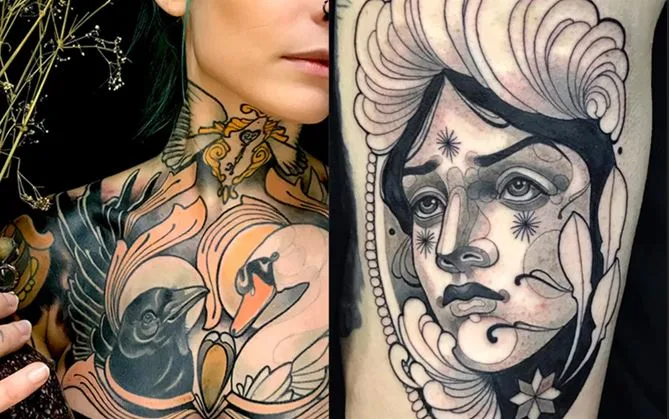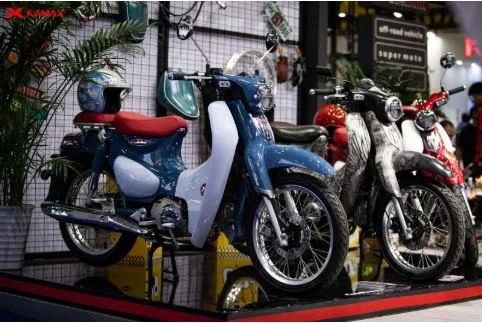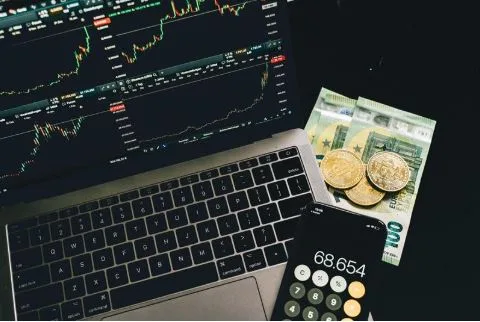“Ink and Intention: How Adriaan Machete is Reimagining Tattoos as Modern Ritual”
About one in three Americans now sport at least one tattoo. Millennials? Nearly half are inked. Once the territory of outlaws, bikers, and angsty misfits, tattoos are now brunch-table conversation and boardroom-visible. The $1.6 billion U.S. tattoo industry is booming, with women slightly outnumbering men in the client chair. What used to be an act of rebellion is now a sanctioned rite of self-expression—emotional armor, grief ritual, post-breakup rebirth, even a form of high design.
But even in this ink-saturated moment, there’s something different about Adriaan Machete.
The German-born tattoo artist, known globally as Magic Dimensions, doesn’t just give people tattoos. He gives them portals. “I think of the body as a sacred canvas,” he says, which might sound like New Age fluff, but watch him work and it’s clear he means it. A typical Machete piece—usually sprawling, radiant, and intricate—feels less like decoration and more like visual spellwork.
Machete’s origins are as cinematic as his designs. He came up in Berlin’s underground art scene, back when the city still had a squatter’s edge and artists traded rent for wall murals. There, amid punk grit and classical grandeur, he forged a style that fused Art Nouveau’s elegance with neo-traditional tattooing’s emotional punch. Think Klimt meets tarot meets riot grrrl. His influences? German pioneers like Lars Uwe, the bold storytelling of mythology, and sacred geometry found in Hindu temples and rave flyers alike.
Last year, he relocated to Hawaii—a move that might suggest laid-back surf life, but for Machete, it signaled something more existential. “Since I moved to Hawaii, I’ve been fascinated by the tattoo scene in the U.S.,” he says. “Coming from Germany, it’s a completely different environment. There’s a lot of openness here. New stories. New energy.”
He’s not exaggerating. Since landing stateside, he’s been invited to tattoo and judge at one of the most respected conventions in the country, and booked guest spots in legendary studios across San Diego and San Francisco. He’s planning an East Coast sweep next, with stops in cities that understand subculture the way Berlin once did.
But it’s not just the jet-set itinerary or precision linework that gets people talking—it’s the vibe. Machete approaches tattooing like ritual. His sessions blend music, conversation, breathwork. He studied Hinduism and Buddhism in Nepal. He trained in yoga and worked with shamans. “In many cultures, tattoos weren’t just decoration,” he says. “They were tools for transformation. They helped people connect with themselves, with nature, with something higher.”
This philosophy bleeds into every appointment. His clients—especially women—often commission large-scale work: full sleeves, backs, legs, entire bodysuits that carry a pulse of color and myth. “A lot of women tell me they feel empowered through this,” he says. “They’re claiming space on their bodies. They’re telling stories that can’t be erased.”
Unsurprisingly, Machete’s influence is spreading beyond skin. He’s collaborated with clothing brands. He’s developing fine art and visual installations that explore expanded states of consciousness. “I want to activate something deeper,” he says. “Not just make something pretty.”
Still, there’s a groundedness to him that belies the mystic reputation. He’s sponsored by top-tier tattoo brands like PEPAX and has worked across Amsterdam, Bali, London, and Berlin. He credits German mentors for teaching him how to live artfully, to let life fuel creativity and not just drain it.
Ask him what keeps him balanced and he’ll tell you, without irony: “Everything is possible. Love is the force that moves the world.” And somehow, it doesn’t sound cheesy. It sounds like gospel—at least coming from him.
In an industry that often swings between overhyped and underappreciated, Machete carves a third path: rooted, reverent, defiantly unique. His tattoos aren’t trends. They’re testaments. To beauty, to belief, to the still-radical idea that the body is a place for truth-telling.
And in his hands, it always will be.




